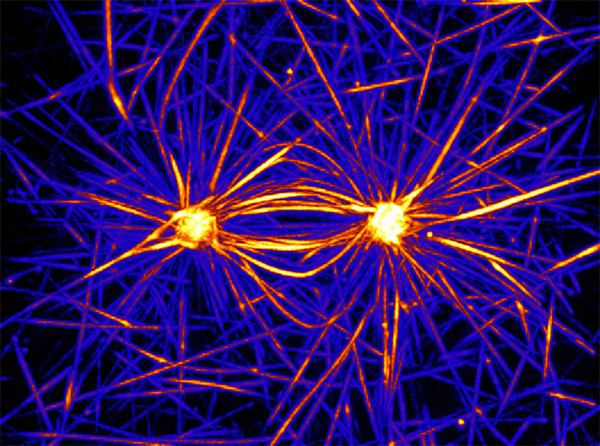Special issue of Journal of Cell Science

Increasing numbers of researchers are turning cell biology upside down, and attempting to reconstitute complex cellular processes and structures in vitro by isolating their elementary components. While not easy, the rewards of bottom-up approaches are high, as defining the minimal set of components for any process or structure can provide tremendous molecular and mechanistic insights into the cell and how it works. The use of technologies, such as micro-patterning and microfluidics, is also enabling reconstitution assays to become more sophisticated and elaborate, allowing researchers to tackle more complex biological processes across a range of scales.
<br>
We invite you to showcase your breakthrough research on all aspects of reconstituting cell biology in this special issue. We are particularly interested in the reconstitution of intracellular processes such as RNA synthesis and export, cytoskeleton self-organization, and membrane folding and sorting, as well as processes involving cell biology such as the regulation of stem cell differentiation, immune cell activation and cell migration, as long as the experimental strategy is based on the development of specific methodology or tools aiming at deconstructing a complex process into simple components, and at reproducing the core mechanism on which it is based.
